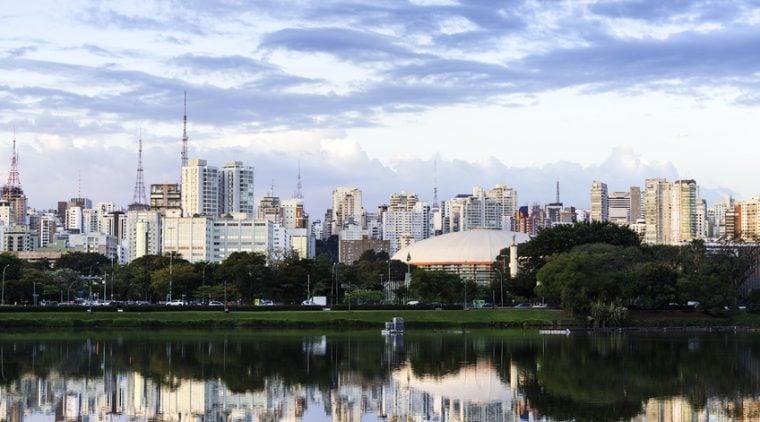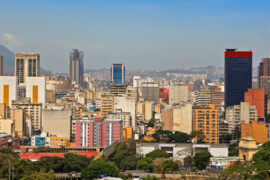In brief
The Brazilian federal government published on 10 March: (a) Federal Law No. 14,124/2021, for providing for exceptional measures related to the acquisition of vaccines and other services related to COVID-19; and (b) Federal Law No. 14,125/2021, for providing for liability and adverse events of post-vaccination against COVID-19, and for the acquisition and distribution of vaccines by private entities and federative entities (state or municipality).
In depth
Federal Law No. 14,124/2021 primarily aims to establish the regulatory framework for the acquisition of vaccines for COVID-19, providing that the government may execute agreements (or other similar instruments), with non-bidding requirements, to purchase COVID-19 vaccines even before the registration or the temporary authorization for emergency use from the National Health of Surveillance Agency (ANVISA).
The waiver of the public tender procedure is foreseen and presumes the state of emergency and need of urgent attendance. The law also provides for contracting of goods and services of logistics, technology information and communication, media and advertising, and training for vaccine administration.
The agreement for the acquisition of vaccines may establish certain special clauses, such as possibility of early payment and of non-imposition of penalties.
Finally, ANVISA will provide an opinion on the exceptional and temporary authorization for the importation, distribution and authorization for emergency use of any vaccines and drugs against COVID-19 with clinical studies past phase 3 or with the provisional results of one or more clinical studies. In addition, temporary authorization shall apply for equipment and health supplies subject to sanitary surveillance that do not have the definitive registration before ANVISA, provided there is demonstration of registration for emergency use before other health authorities, such as FDA, EMA and HC.
Federal Law 14,125/2021 intends to expressly allow private entities and federative entities (state or municipality) to directly purchase vaccines against COVID-19.
While the immunization of priority groups is ongoing, purchased vaccines must be fully donated to the Unified Health System (SUS), in order to be used within the scope of the National Immunization Program (PNI). The description of all priority groups is in Annex I of the document available at https://www.gov.br/saude/pt-br/media/pdf/2021/janeiro/29/PlanoVacinaoCovid_ed4_15fev21_cgpni_18h05.pdf .
According to the most updated technical note issued by the Ministry of Health about the immunization of priority groups, the ongoing vaccination campaign has already reached approximately 10.2 million people from the priority groups, with breakdown as follows:
- health workers (82.8%)
- elderly people (60 years old and above) residing in long-term (institutionalized) institutions (100%)
- individuals with disabilities over 18 years of age, residing in inclusive (institutionalized) homes (100%)
- indigenous peoples living in indigenous lands aged 18 and above served by the Indigenous Health Care Subsystem (100% of the initial amount passed on by the Indigenous Health Secretariat or SESAI)
- elderly people aged 90 years and above (100%)
- elderly people from 85 to 89 years old (100%)
- elderly people from 80 to 84 years old (70%)
Once the immunization of the priority groups in concluded, private legal entities will be allowed to purchase, distribute and administer vaccines, provided that at least 50% of the doses are, mandatorily, donated to SUS. The remaining 50% must be used free of charge.
Application must occur in duly licensed health establishments in order to ensure the appropriate safety conditions for patients and HCPs.
Interested legal entities will need to provide to the Ministry of Health all information regarding the purchase, including the purchase and donation agreements, and regarding the application of the vaccines.
Finally, Federal Law No. 14,125/2021 also provides that as long as the Public Health Emergency is in effect, the federal government, states, federal district and municipalities are authorized to undertake the civil liability risks regarding post vaccination adverse events, provided that ANVISA has granted product registration or emergency use authorization.





